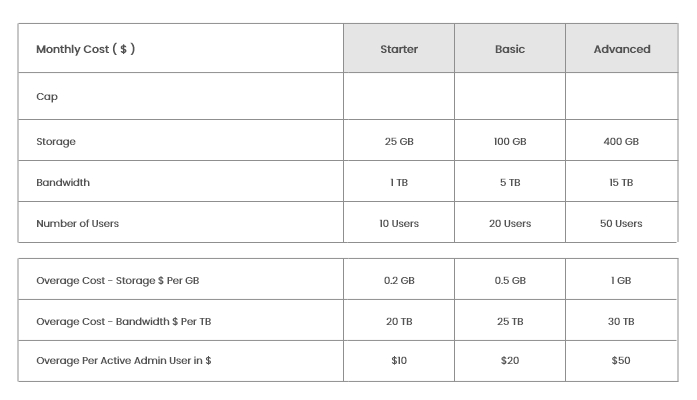



What Exactly is Keyword Cannibalization?
- Keyword cannibalization occurs when you have multiple blog posts or articles on your site that can rank in Google...
If you optimize your articles for similar terms, you may experience keyword cannibalization: you will be 'devouring' your own chances to rank in Google! Chances are, as your site grows, your content will begin to compete with itself. Here, we'll explain why keyword cannibalism is bad for SEO, how to spot it, and what to do about it.
What exactly is keyword cannibalization?
Keyword cannibalization occurs when you have multiple blog posts or articles on your site that can rank in Google for the same search query. Because they are too similar in topic or because you optimized them for the same key phrase. When you optimize posts or articles for similar search queries, they reduce each other's chances of ranking. In most cases, Google will only show one or two results from the same domain in the search results for a given query. You might get 3 if you have a high authority domain.
Why is keyword cannibalism detrimental to SEO?
When you cannibalize your own keywords, you are competing with yourself for Google ranking. Assume you have two posts on the same topic. In that case, Google is unable to determine which article should rank first for a given query. Furthermore, important factors such as backlinks and CTR are spread across multiple posts rather than one. As a result, they will almost certainly both rank lower.
How do you spot it?
It's simple to see if your site is suffering from keyword cannibalism. You simply conduct a search for your website for any specific keyword that you suspect may yield multiple results.
What is the best way to deal with keyword cannibalization?
The four steps you should take to resolve such problems:
- Examine your content
- Examine the performance of your content
- Choose which ones to keep
- Merge, delete, and redirect
The first two steps will assist you in determining which articles to keep and which to merge or delete. In many cases, step 4 will involve combining and deleting articles, as well as improving your site's internal linking.
Combine or Merge Articles
You should combine two articles that appeal to the same audience and tell the same story. Rewrite the two posts into one incredible article. This will improve your rankings (Google prefers long, well-written content) and solve your keyword cannibalization issue.
Enhance Internal Linking
Setting up a good internal linking structure can help Google determine which article is the most important. This means that you should link from less important posts to posts that are most important to you. That way, Google can figure out which ones you want to appear first in search results.
Your internal linking structure may be able to solve some of your keyword cannibalism issues. Consider which article is most important to you, and then link from the less important long-tail articles to the most important article.
Keyword cannibalism will have an impact on growing websites
As your site grows in size, the likelihood of keyword cannibalism on your own website increases. You'll be writing about your favourite subjects and, without even realizing it, you'll be writing articles that are similar. You should check the keywords you want to rank for the most frequently on a regular basis. Check to see if you're suffering from keyword cannibalism. You'll almost certainly need to make some changes to your site's structure.
Hocalwire CMS handles the technical parts of keeping Large Sitemap, Indexing pages for Google, Optimizing page load times, Maintaining assets and file systems, and Warning for broken links and pages while you handle all these non-technical components of SEO for Enterprise sites. If you're searching for an enterprise-grade content management system, these are significant value adds. To learn more, Get a Free Demo of Hocalwire CMS.

